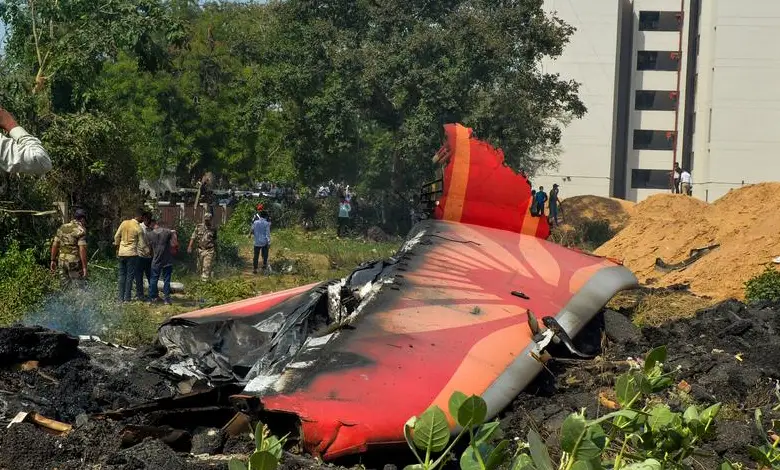
The head of the U.S. National Transportation Safety Board (NTSB) has issued a strong rebuke of media speculation surrounding the recent fatal Air India crash, calling recent reports premature and warning against jumping to conclusions before the official investigation is complete.
In a statement released Friday, NTSB Chair Jennifer Homendy directly addressed reports suggesting the aircraft’s captain may have manipulated fuel switches prior to the incident. She stressed that such theories lack the necessary context from the full investigation.
“Recent media reports on the Air India 171 crash are premature and speculative,” Homendy stated. “India’s Aircraft Accident Investigation Bureau just released its preliminary report. Investigations of this magnitude take time.”
Homendy reaffirmed that India’s Aircraft Accident Investigation Bureau (AAIB) is the lead authority on the case and has the NTSB’s complete backing. “We fully support the AAIB’s public appeal, which was released Thursday, and will continue to support its ongoing investigation,” she added, directing all further questions to the Indian agency.
The NTSB’s comments follow a report by The Wall Street Journal that ignited speculation about the crash’s cause. Citing an assessment from unnamed U.S. officials, the WSJ article claimed that black box data indicated Captain Sumeet Sabharwal, 56, had turned off the fuel control switches just after Air India Flight 171 crashed into a doctors’ hostel in Ahmedabad, killing all 260 people on board.
On Thursday, the AAIB also directly criticized the WSJ story, labeling it “unverified and selective reporting.” The Indian bureau emphasized that it is too early to assign a cause and that its investigation remains underway. The AAIB clarified that its preliminary findings are intended only to establish a timeline of events and urged patience until a final, comprehensive report is published.




